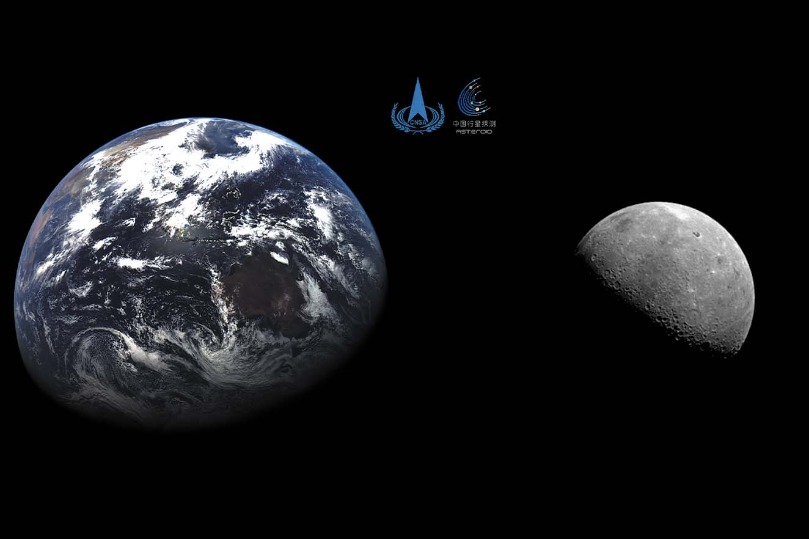Risk of all-out war looming in Middle East


For those who have been hoping for peace in the Middle East since the war broke out between Israel and Hamas last October, Israeli Prime Minister Benjamin Netanyahu's remarks on Sunday will have brought little comfort.
This is because, despite saying the military operation in Gaza is "winding down", he indicated it could set the stage for Israel to send more troops to its northern border to fight the Lebanese militant group Hezbollah, raising concerns that it could spark an all-out war in the region.
"We can fight on several fronts and we are prepared to do that," the Israeli leader said in an interview. Israel's army last week also said it had "approved and validated" a new plan for a Lebanon offensive.
Hezbollah began attacking Israel shortly after Hamas' Oct 7 assault triggered the war in Gaza, and the two sides have been trading fire across the border since then, with the Iran-backed group saying it will only stop if there is a truce in Gaza. Earlier this month, Hezbollah targeted Israeli towns and military sites with the largest volleys of rockets and drones used in the hostilities so far, after an Israeli strike killed the most senior Hezbollah commander yet.
A full-blown war between Israel and Hezbollah could escalate the conflict in the region to an uncontrollable scale, given the military group is much larger in size — it claims to have about 100,000 fighters — compared with Hamas, which has between 20,000 and 25,000 members — and boasts a more sophisticated military arsenal equipped with precision rockets and drones. It also risks drawing the United States and its allies and Iran and its proxies into a conflict.
Israel's offensive in Gaza has so far killed more than 37,400 people, most of them civilians, according to the Palestinian health authorities, and left nearly the entire population of the enclave homeless and destitute. It is hard to imagine how severe the humanitarian crisis would be if the cross-border attacks between Israel and Hezbollah turn into an all-out war.
That scenario has prompted UN Secretary-General Antonio Guterres to warn of a catastrophe "beyond imagination". "The people of the region and the people of the world cannot afford Lebanon to become another Gaza," he said on Friday, as he called for de-escalation in the hostilities between the two sides, which he believes is not only possible, but also "essential". Even US Air Force General Charles Brown Jr, the chairman of the Joint Chiefs of Staff, cautioned that a Lebanon offensive "can drive up the potential for a broader conflict".
As the biggest supplier of weapons to Israel, the US has a moral obligation to use its sway over Israel to push for a cease-fire plan in Gaza, and prevent more suffering and more potentially catastrophic consequences from happening in the region. It is time for Washington to take action to end the crisis in the Middle East.


































